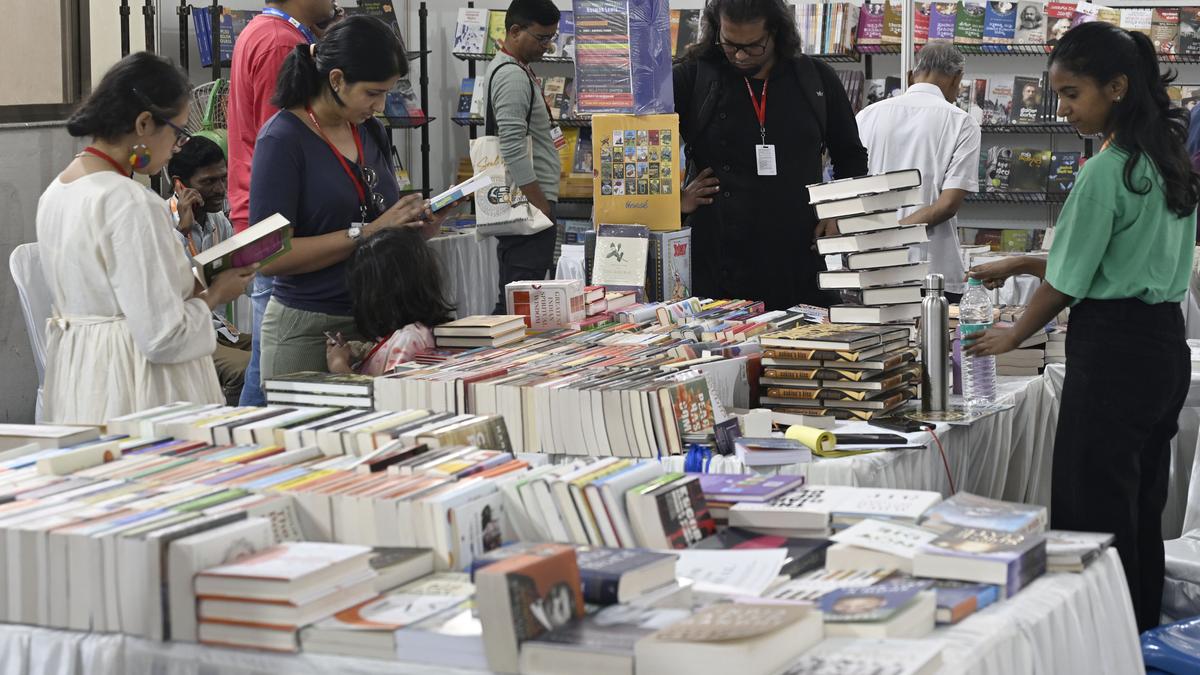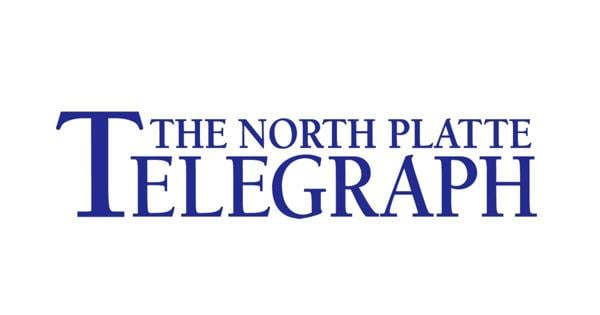With people from across all South Indian states living in Bengaluru, giving it a rich and diverse linguistic heritage, it would not be wrong to call the city the cultural capital of South India. However, a closer look at the city’s flourishing literature festivals reveals a predominant focus on English and Kannada languages, with little room for other languages. Breaking this linguistic barrier is Book Brahma’s inaugural festival Soul of South: Book Brahma Festival , a vibrant event that celebrates literary voices from across all South Indian languages, concluded last week at the St.
John’s Auditorium, Koramangala. The three-day festival, called ‘Soul of South’, was structured around six venues on one campus. Each section offered a distinctive mix of panel discussions, performances, book launches, and interactive sessions, attracting a diverse audience of literature enthusiasts across the three days.

Actor Prakash Raj performing at Book Brahma, Literature Festival at St Johnson Auditorium in Bengaluru.| Photo Credit:k BHAGYA PRAKASH Musical beginning The last day’s events commenced with a soulful Hindustani classical vocal performance by Pandit M. Venkatesh Kumar, accompanied by Satish Kolli on harmonium and Keshav Joshi on tabla.
Following this was a performance by actor Prakash Raj titled Diverse Languages, Same Feeling , which highlighted the common threads that unite India’s diverse linguistic landscape through poems in Kannada, Telugu, Tamil and Malayalam. Key sessions included a discussion on the latest trends in Malayalam poetry, as well as a panel on the intersection of literature and cinema in Kannada, with renowned filmmakers Girish Kasaravalli and Sumana Kittur. The festival featured discussions on Telugu short stories and emerging trends in Tamil novels, placing regional literature in the spotlight.
Pandit M. Venkatesh Kumar performing at Book Brahma.| Photo Credit:k BHAGYA PRAKASH Key discussions Among other key sessions spread across the three days delved into contemporary Kannada novels, subaltern voices in Telugu literature, and the pluralistic dimensions of Karnataka’s languages.
A particularly engaging panel examined the impact of generative AI on Indian writing, exploring how technology is shaping the future of literature. There was a thought-provoking discussions on contemporary theatre, the art of storytelling, poetry in cinema songs, the beauty of languages within Karnataka, and the evolving vision for literature. There was an interesting session focused on the global prospects for South Indian literature, with discussions on the role of literary agents and editors in Indian language publishing.
A roundtable with South Indian publishers and international experts highlighted the challenges and opportunities of taking regional literature to a global audience. There was a dedicated venue on the campus focused on storytelling, art master classes, traditional board games, and art competitions for children. Speaking to The Hindu , Devu Pattar, editor-in-chief, Book Brahma, said the organisers have had an overwhelming experience through the three days.
“This is probably the first literature festival that has included all the major South Indian languages. I have attended many literature festivals across the country, but these festivals are predominantly focused on English literature, and literature in the regional language. We have managed to bring authors and poets who write in Kannada, Telugu, Tamil and Malayalam all under one roof.
” Another important aspect of the festival is the inclusion of diverse backgrounds, he said. “We had authors and poets who write in languages such as Tulu, Kodava, Byari and Konkani under one roof, sharing the beauty of their language, its origin and also the challenges they face. We also had a discussion by activists of the LGBTQIA+ community like Akkai Padmashali, Manjamma Jogathi, Malavika, and Rumi Harish,” he adds.
Beyond Kannada Pattar says Book Brahma plans to continue to host the annual festival every year, and the next festival is proposed in August, 2025. “We also plan to expand our work across all South Indian states in the coming days. We have been a platform for authors, poets and publishers who write in Kannada.
We have promoted, interviewed and established a community for Kannada writers over the last five years. We now want to work with other South Indian states and help promote and exchange literature in other languages,” he says. Copy link Email Facebook Twitter Telegram LinkedIn WhatsApp Reddit culture (general) / arts, culture and entertainment / Kannada literature / books and literature / Telugu literature.



















